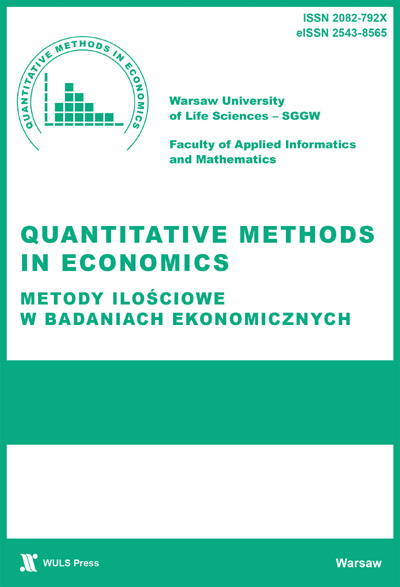Buying and selling price for risky lotteries and expected utility theory without consequentialism
Main Article Content
Abstrakt
In this paper I show that within expected utility large buying andselling price gap is possible and [R] paradox may be resolved if only initial wealthis allowed to be small. It implies giving up the doctrine of consequentialism whichmay be reduced to requiring initial wealth to be total lifetime wealth of the decision maker. Still, even when initial wealth is allowed to be small and interpretednarrowly as gambling wealth, classic preference reversal is not possible within expected utility. I show that only another kind of reversal which I call preferencereversal B is possible within expected utility. Preference reversal B occurs whenbuying price for one lottery is higher than for another, but the latter lottery ischosen in a direct choice. I demonstrate that classic preference reversal is susceptible to arbitrage whereas preference reversal B is not which suggests that the latterreversal is more rational.
Article Details
Jak cytować
Lewandowski, M. (2010). Buying and selling price for risky lotteries and expected utility theory without consequentialism. Metody Ilościowe W Badaniach Ekonomicznych, 11(1), 223–253. Pobrano z https://qme.sggw.edu.pl/article/view/3063
Statystyki
Downloads
Download data is not yet available.
Rekomendowane teksty
Licencja
Publikowane artykuły dostępne są na warunkach Open Access na zasadach licencji Creative Commons CC BY-NC – do celów niekomercyjnych udostępnione materiały mogą być kopiowane, drukowane i rozpowszechniane. Autorzy ponoszą opłatę za opublikowanie artykułu.

